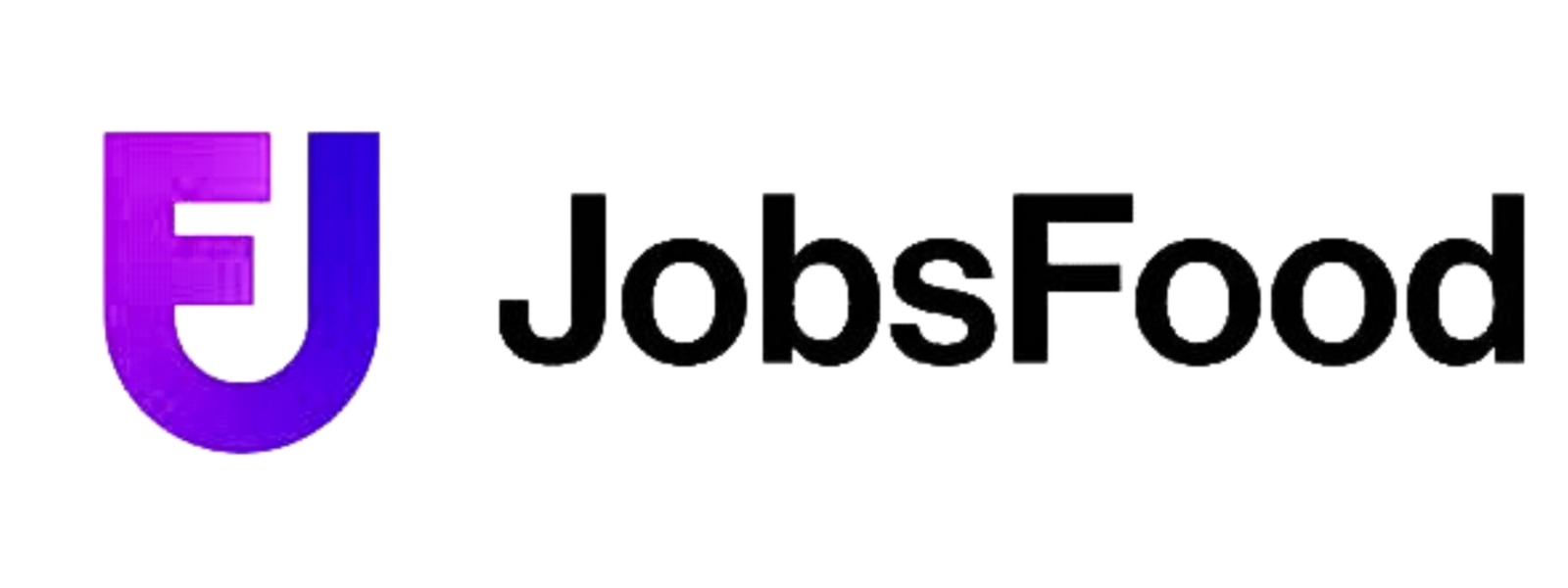[ad_1]
An Ohio-based company that produces 22 million pounds of ready-to-cook chicken weekly, with a focus on accountability and product safety, was recently named winner of the 2022 Food Quality & Safety award in the large company category.
Case Farms Chicken of Winesburg, Ohio, which employs 3,300 associates across all of its facilities, distinguished itself from other businesses by growing a corporate culture of “getting it right” and focusing on the latest technology when it comes to food safety and quality.
The award, presented annually by Food Quality & Safety, honors the dedication and achievement of an organization that makes significant contributions to upholding the highest food standards supported by quantifiable results. This year, our panel of judges, composed of food quality and safety experts, determined that Case Farms demonstrated a comprehensive food safety and quality management program that included a corporate willingness to invest in advanced technology and improvements for food safety. Its Salmonella-reduction program yielded particularly strong results.
Founded in 1986 by Thomas R. Shelton, Case Farms started with the purchase of a family-owned farm called Case Egg & Poultry that included a processing plant in Winesburg, a hatchery in Strasburg, Ohio, and a food distribution center in Akron, Ohio. In its first year, Case Farms processed 135,000 chickens per week and had 140 employees. In the following decades, it grew by acquiring operations in North Carolina and Ohio.
The company’s core values are “honesty, accountability, trust, success, and diversity.” Its Winesburg processing facility employs 675 associates who manufacture fresh and frozen marinated and non-marinated products, including bone-in products, portion-controlled fillets, tenders, and nuggets. Customers include some of the largest and most recognized casual dining, food services, and quick-service restaurants currently available. The company has four facilities, with a corporate complex in Troutman, N.C.
Quality is the main topic at the company, says Larry Epling, senior director of quality assurance/food safety and regulatory, who has been with the company for seven years. “We meet with our founder and chairman of the board every Monday morning, and the first thing we talk about is our quality,” Epling says. “It’s been like that since he started the company 36 years ago.”
A Commitment to Invest in Technology
Case Farms saw a need to update its capabilities and move to new technologies when its customer base moved from using basic raw poultry products to value-added products geared toward quick-serve restaurant chains and casual dining establishments.
In the past year or so, the company has added technologies to maintain and improve food safety. These upgrades include a conveying system that eliminates the need for associates to touch the product after it goes through the portion control sorters, reducing the potential for cross contamination. The system also helps reduce overall microorganism counts and, in turn, helps improve shelf life.
To further improve pathogen control, Case Farms uses Zee Co.’s Pathogen Control Center, a chemical intervention control system that offers precision concentration mixing and reporting for antimicrobial interventions. The system is accessible remotely around the clock and issues alerts to any disruption in the target ranges of concentrations. The processing flow includes three water jet cutting systems that include fillet-harvesting robots. This equipment aids in the reduction of the product handling of portion-control fillets, once again decreasing the possibility of cross contamination and lowering microbial loading by reducing human handling.
A variable retention time freezer helps prevent microbial growth by eliminating the long freeze times typical with conventional freezers. The enhanced freezing process also eliminates unnecessary product aging by not having product waiting to be transported to a freezer and long blast freezing times. That translates into additional days that a restaurant customer can use the product. The freezer can also reduce excess marinade. Products can be grouped and frozen independently according to their optimal freeze times, which locks in flavors and moisture.
Case Farms has installed new redundant systems to strengthen its product traceability system. That includes systems to affix product IDs and production dates and times for each case of food. The primary labeling system affixes essential information using a master case label. The secondary systems read the master bar code and spray the information onto the cases using inkjet printers. The printer data serves as a backup if any labels are lost.
The company has also added several technologies to help it improve and assure quality and respond more quickly to changing customer demands. The SafetyChain plant management platform helps improve compliance to the specifications of different customers, which reduces or eliminates product returns. Using the system, the company can also more efficiently identify and control defects using statistical process control measures. The system alerts workers when a failure occurs so they can respond quickly.
The CFS RoboScan can automatically scan barcodes on an entire pallet of finished product cases and generate a unique label for that pallet. The system is integrated into the company’s CGS R8 inventory management system. Before, workers had to manually scan every label before a pallet could be released. Case Farms partnered with CFS while the company was developing the technology, which has industry-wide applications. The Case Farms Winesburg location was used as a pilot site.
To ensure that marinade batches are consistently accurate, the Food Processing Equipment Co.’s automatic screen prompts and computer controls make sure the proper amounts of water and seasoning are added at the proper times so that the flavor matches its original formulation and customer expectations.
One big investment was the purchase of auto deboning equipment, which helped the company provide more consistent raw materials than having the meat manually deboned by workers. It is especially important to have this consistency for its portion-control equipment and products.
The water jet cutting systems that help with safety also help ensure product quality. They often help the company quickly adapt to changes requested by customers, who frequently update their menus and portion sizes. The systems help improve product yield, keep the product consistent, reduce waste, decrease labor, and increase productivity.
Salmonella Reduction
USDA pays a lot of attention to Salmonella in poultry. Out of an abundance of caution, Epling says, “We consider every bird coming into the plant to be positive,” adding that the company has designed a multi-hurdle intervention process to bring the number of positive chickens down to zero. He says that, obviously, not every bird is positive, but if the company runs its program predicated on that assumption, it should catch any pathogens that come in. In line with recent regulatory changes, Case Farms uses a multiple-hurdle approach to stamp out Salmonella across the production environment. The plan starts with a peracetic acid bath after slaughter and defeathering. This approach means that the failure of one intervention wouldn’t bring down the entire system.
Once the new system was installed at its Winesburg plant, the company conducted an efficacy study to determine optimum contact time. The system achieved better results in pathogen reduction by ensuring the antimicrobial remains on the chicken for a longer period of time. “We’re gaining more contact, which gives the antimicrobial more time to be effective,” Epling says.
The company has ordered two of the systems for the Winesburg plant. It has also tested the system at one of its North Carolina plants and has ordered it for that plant, too. The company is using what it learns to recommend whether the vaccines to immunize the birds need to be tweaked or new ones developed in order to further eliminate Salmonella before the pathogen gets into the plant.
Training Leads to Long-Term Company Viability
Case Farms relies on internal and external training programs and offers educational assistance and internal monitoring. It sees training as a tool for developing the company’s future leaders. It also employs subject-matter experts in food safety who are certified through the National Registry and ServSafe. Those two expert groups, individually and together, have developed the company’s internal online training sessions and are developing a food safety training program for all salaried supervisors and managers at its facilities.
Case Farms uses individual development plans to help key quality team members throughout the company progress to the next level, for example, from an hourly associate to a salaried supervisor. The company says it believes firmly that mentoring internally is the key to ensure consistency in product and critical programs for food quality and safety.
It used this approach in 2021 to help develop a HACCP coordinator into a facility quality assurance manager, and a quality assurance supervisor into a HACCP coordinator.
The company also offers a training program consisting of core subjects that includes SSOP execution, HACCP X-ray verification procedures, bird rinse sampling, and allergen control procedures. Employees also receive annual refresher training on their anniversary date using the company’s online, interactive Alchemy system. This refresher training includes 25 subjects, and about one-quarter of them are focused on food safety. Included training sessions cover preventing food contamination, foreign material control, and basic microbiology. The company has a partnership with the University of Arizona that allows eligible employees to continue their academic education at a reduced cost.
Senior Management Drives the Food Safety Plan
Case Farms has a comprehensive food safety plan using SSOP and HACCP as its foundation. The Winesburg facility has three separate HACCP plans for slaughter, raw intact meat, and raw non-intact meat and maintains seven critical control points at the plant.
The HACCP program is managed by a trained HACCP coordinator. The company has a cross-functional HACCP team. Each of its plans is reassessed annually. It conducts reassessments of the plans internally and occasionally uses a third-party consultant to validate its reassessment process.
The food safety program has multiple hurdles that use several separate programs to work in conjunction with each other to ensure product safety. Senior management drives and supports the company’s food safety mission. Epling says that the key to the company’s success is the food safety and quality leadership from all members of management, along with the education and training offered to associates; these ensure the safety of its products—from development all the way through to the consumer.
All of the company’s non-packaging vendors must supply an independent GFSI audit each year, and it also has a certified auditor on staff who conducts animal and quality systems audits.
Case Farms has partnered with Zee Co. to supply antimicrobial intervention compounds and conduct monthly audits of its intervention program. Additionally, the company has partnered with QSI as a contract sanitation service.
Sustainability
The company is committed to environmental sustainability.
One example of this commitment is its use of a new storage and distribution center in Winesburg that has eliminated the need to transport products to other cold storage facilities. This investment has reduced the company’s amount of landfill by moving from corrugated combo bins to reusable plastic ones, resulting in a reduction of 154,791 pounds of corrugated material going to a landfill in 2021 over the previous year’s rate, and it also reduces the use of paper.
Epling says that quality assurance is sometimes is seen as a cost center at a company because it doesn’t always garner a monetary profit. He sees it differently, however. “The reality is that increased quality brings you more business and brings more money to the bottom line,” he says.
We couldn’t agree more.
[ad_2]
Source link









